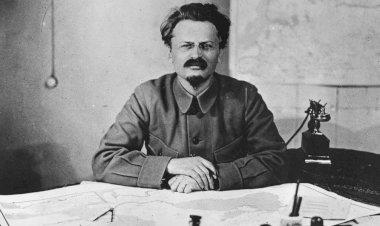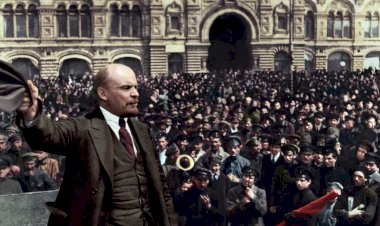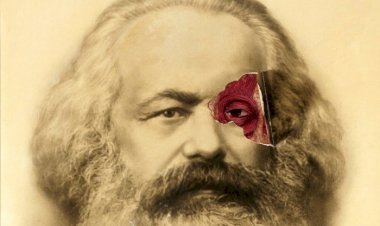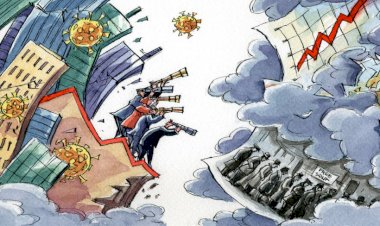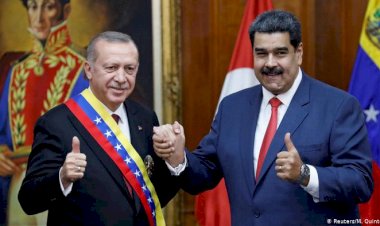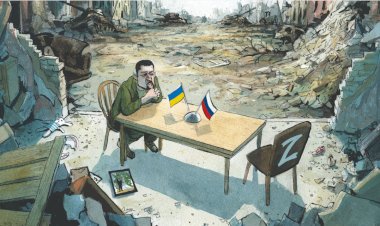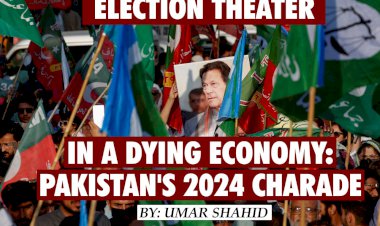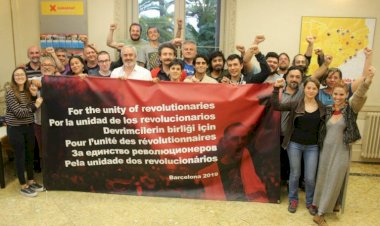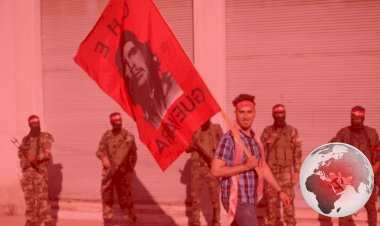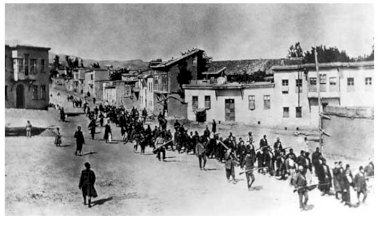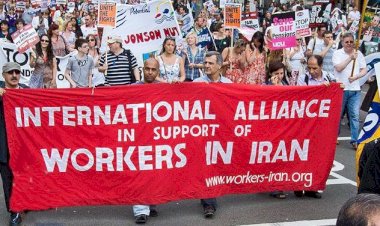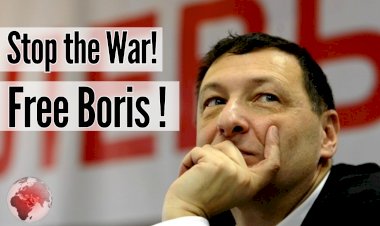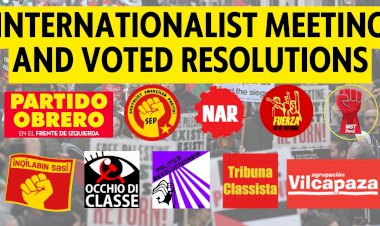Identity Politics Benefits the Right – Güneş Gümüş
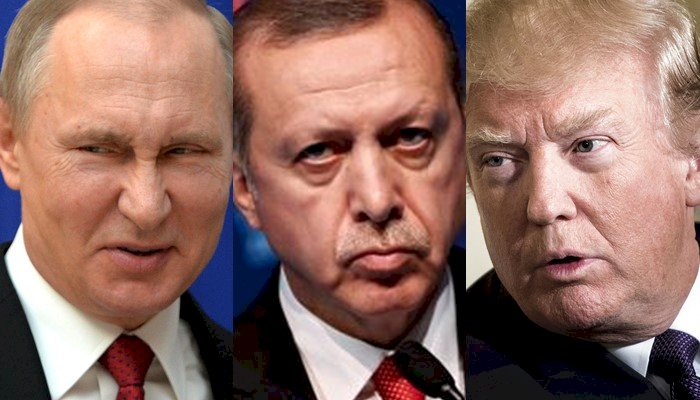

On November 6th , the United States of America held a by-election to elect all members of House of Representatives, approximately one-third of the Senate members and several governors. Even though the Democrats gained the majority in the House of Representatives; they couldn’t achieve the overwhelming victory that they had been expecting against Trump. Also, in Brazil, the extreme right-wing Bolsonaro had triumphed, leading many to pessimism. Tayyip Erdoğan, in Turkey, have won a landslide victory since 2002. Modi, in India; Salvini in Italy; Urban in Hungary, Kern in Austria… An atmosphere in which the extreme right and authoritarianism gain strength reigns over the world. Well, what lies behind the election success of these actors? Of course, each country has particularities in terms of its political realities and timing of the election periods. However, there are some important commonalities of these extreme right-wing elements who clearly declare their will of an authoritarian power and put it into practise. First of all, all of them are the consequence of crisis conditions in which the traditional order establishment parties are dissolved. Secondly, their polarizing identity discourse is one of the most obvious common aspects. The words of Trump are good examples for this: “The black people are too stupid to vote for me”, “name one country led by a black person but not a shithole.” Identity polarization mostly benefits these gentlemen. They are the ones who address the majority with such discourses in divided, segregated and polarized societies.
Is the Subject of the Left Oppressed Identities?
At the present time, identity policies are the ideological arsenal of the left, as well. However, in the 20th century conjuncture in which the October Revolution (of which 101st anniversary) burgeoned, the class movement and revolutionary struggle had left their marks with revolutions not only on the agenda of the countries but also on global politics. Then, the working class received significant defeats in class struggle with the military coups, the right-wing attacks and the betrayals of the Stalinism. The collapse of the Stalinist USSR came upon it. When physical defeat combined with ideological defeat, the perspective of the working class and socialist revolution fell out of favour. The struggle of the oppressed identities became dominant for left policies. The workers can also be on the agenda as one of these identities in best-case scenario. In the definition of the working class, the stereotypes like male, white, homophobic, nationalist and consumer are used.
The social visibility and effectiveness of the class movement took a major blow as neoliberalism weakened organization and power of working class struggle with the new production model of the world-wide since 1980s. The long-term effects of this defeat of the working class and the left were clinched by the collapse of the Eastern Bloc in 1989. Under these conditions, the class politics was replaced by the identity politics.
In the ideological background of identity politics; there lays postmodernism and post-Marxism which suggest that we should contemplate the new social movements based on the oppressed identities by saying that the working class is no longer the subject of the social transformation, also such a total transformation is not possible and indeed is not desirable. The worldwide withdrawal of the class movement and the capitalism’s proclamation of its victory caused not only the left but also the policymakers to loss of confidence in working class and finally the whole society. This is a perspective which is nourished by pessimism; it is also can be seen from the theoretical assumptions in the background of identity politics.
Identity politics –whether expressed openly or not- is based on some basic theoretical assumptions. The most important of these is the Privilege Theory. This theory advocates that oppression works through a series of unearned advantages enjoyed by those who do not suffer a particular oppression. Therefore, if you are not a member of an oppressed group, you have the privileges that you are not aware of. In fact, this is another way of saying that “the interests of the owners of the oppressor and the oppressed identities are not common”. This perspective naturally denies the struggle for emancipation of whole society. A united struggle for labour and freedom is not on the agenda. And, the idea of “revolution” has almost become repulsive, because pinning the hopes on a revolution necessarily requires a struggle for united labour and freedom. But the theory of privilege doesn’t exactly like this unity. Which unity can be mentioned if men takes the advantage of women oppression and whites takes the advantages of the oppression of the blacks? Besides, it is highly doubtful that the oppressed identities will be free after the revolution. The Stalinist experiences in the USSR can be used unstintingly.
Apart from that, the privilege theory and the left which adopted identity politics nourished the argument that the struggle against oppression can only be carried out by those who are the holders of that identity. In the end, if you take the advantage of the oppression, neither you can understand it nor can you be the subject of the struggle against it. The only thing the people from ‘oppressor identities’ do is to identifying their privileges and abolition of them. It won’t be that much difficult to come to a point where “we don’t have any interests to gain someone other than ourselves” with a point of view which closes the arena of struggle to the ones who are not from them –in fact, to the majority of the society- and supposes it is not possible to change them far from asserting to change-transform them.
The Identity Politics is Shackle for the Oppressed Too
The identity politics explains the crux of oppression in the relations between oppressors and oppressed identities, not in capitalism. If you presuppose that those don’t have an oppressed identity benefit from this situation, you accept that the end of oppression is not possible. Automatically, your aim becomes minimizing the negative consequences of the oppression as much as possible for the oppressed, not eliminating it. Concerning the multiple/fragmented perception of reality of Postmodernism, the question of identity is reducted to one’s particular experience/ reality. “What is personal is political” discourse, which is frequently encountered in Turkey, refers to this frame. If you reduce the oppression to the level of interpersonal relations, the gain you want to take will be reduced too. In the USA where is the origin country of identity politics is also identity politics is the most powerful it is clearly seen that the struggle against oppressed identities is reduced to what is personal. Even within the feminist movement itself has already raised a criticism to being “project feminism” to the 3rd wave feminism that it reduces the struggle and has no general demands against the system , only focuses on improving individuals’ lives.
Moreover, identity politics narrows down the potential of different oppressed groups to act together. For example, in the history of homosexual movement, there have been many debates and differences between gays and lesbians or between homosexuals and bisexuals, which emphasize their differences in terms of oppression they experience. It is necessary to say that identity based organizations which flourished in 1970s have become increasingly fragmented and weakened after 1980s with the tension originated by groups having different identities in themselves. Leave aside gaining the rest of the society; the identity politics has turned into an obstacle for the oppressed ones to organize a strong united movement in themselves. There is almost no room for solidarity among the oppressed. Overall, there isn’t one single oppression relation; there happens quite different oppression relationships from various intersections, in some cases these identities conflict and generally do not include those are not from that identity.
Ideological Shift on Left Costs Dearly
 When the struggle of the oppressed adopts the identity politics, it sentences itself to weakness and decreases its power and activity on determinant issues like creating a collective and strong movement of the oppressed. But, when the left is penetrated into identity politics, its costs dear. Socialist movement has focalized on a field addressing to the oppressed from the field of organizing the whole labourer class and motivating them on the way of revolutions. A socialist movement which gave up its claims of reaching to proletarian masses and transforming them not only leaves the masses to the hegemony of the right but also this position which implies an under-handed distrust brings with itself a disbelief to the idea of socialism and integration with the system. It is obvious that this paradigm shift at the core of the socialist movement will spread its periphery too.
When the struggle of the oppressed adopts the identity politics, it sentences itself to weakness and decreases its power and activity on determinant issues like creating a collective and strong movement of the oppressed. But, when the left is penetrated into identity politics, its costs dear. Socialist movement has focalized on a field addressing to the oppressed from the field of organizing the whole labourer class and motivating them on the way of revolutions. A socialist movement which gave up its claims of reaching to proletarian masses and transforming them not only leaves the masses to the hegemony of the right but also this position which implies an under-handed distrust brings with itself a disbelief to the idea of socialism and integration with the system. It is obvious that this paradigm shift at the core of the socialist movement will spread its periphery too.
While people are facing more and more to the alternatives during crisis periods of capitalism, ineffectiveness of the radical left reveals, a much more caustic problem that pushing the poor and those uncomfortable with capitalism under the hegemony of the right. Today, far right demagogues such as Bolsonaro and Trump came to power by calling out a demagogy that seems to be anti establishment and by polarizing the masses on the basis of identities in the absence of a strong socialist movement which adopts the class politics putting emphasis on the deep contradictions between labour and capital, rich and poor. However, a strong movement that would have raised the demand to mae bourgeoisie pay the bill of the crisis USA and Brazil –where has already witnessed the struggle of workers in this context- could drag millions of followers and dominate the left in these countries. But the Democrat Party led by Hillary Clinton and other capitalist tycoons in the USA and PSOL, which is on the left side of the Labour Party in Brazil, with its identity based discourses played into Bolsonaro and Trump’s hands. They took a role of failing to win the large masses of labourers indeed pushing them into the right wing. Trump and his supporters are the ones who are most satisfied with this situation. Nowadays, extreme right-wing leaders saving the ass of the system, fill the gap in radical politics by turning the oppressed and immigrants into a target.
The Enemy of the Oppressed and the Exploited is Same
As we mentioned before, the source of oppression is not something other than the capitalist system. The Sovereign of this order use the relationship of oppression that they just built or the ongoing ones between the different identities; on this basis they create artificial separation which hinders the unity of working class in society. The oppression sometimes has financial foundations in capitalism; such as laying the burden of domestic labour and childcare on working class on the basis of family institution is the source of the oppression of women or the oppression of homosexuals who appear to be a treat to the family institution which should reproduce future working class generations. We recommend Howard Fast’s Freedom Road in order to understand various intrigues of the sovereigns, which are done to subject the black oppression relation again, who ended the slavery with guns in their hands and obtained their own rights in American Civil War. In brief, as long as the capitalism doesn’t come to an end, neither the problems of the exploited working class nor the oppressed ones’ will end. Therefore, there is no wiser way than the struggle against the common enemy. The socialist movement has been the address of this union throughout its history; and today it also should be.
Yet, the utterances may be rising with the question of that: How will the working class take its the side against the oppression? It should be clarified that Marx defines the working class as “class in itself” at ordinary times. The meaning of this concept is that even if the working class is objectively a class, it is not conscious of itself yet; it hasn’t developed its own class perspective. At the times when the class movement is weak, the majority of the working class is under the influence of bourgeois ideas that keep capitalism alive; this is also the case with the oppressed. However, difference of interest puts the worker against his/her boss; pushes proletariat into struggle. Here this struggle experience is the most important school for the working class. Especially when the struggle exceeds the boundaries of the conflict between the boss and the worker, when it goes beyond being a local resistance, the workers recognize the friend and the enemy within their struggle. For example, the experiences of the workers of Tariş these days; the boss can illegally dismiss the workers because of organizing in a trade union affiliated to DISK; but when the workers resist with defending their organization they immediately face the police and arrestment. The issue of who is defending the interests of the boss; who is alongside of the workers becomes clearer for the workers only in this way. And imagine that these struggles come to a point that can shake the society.




